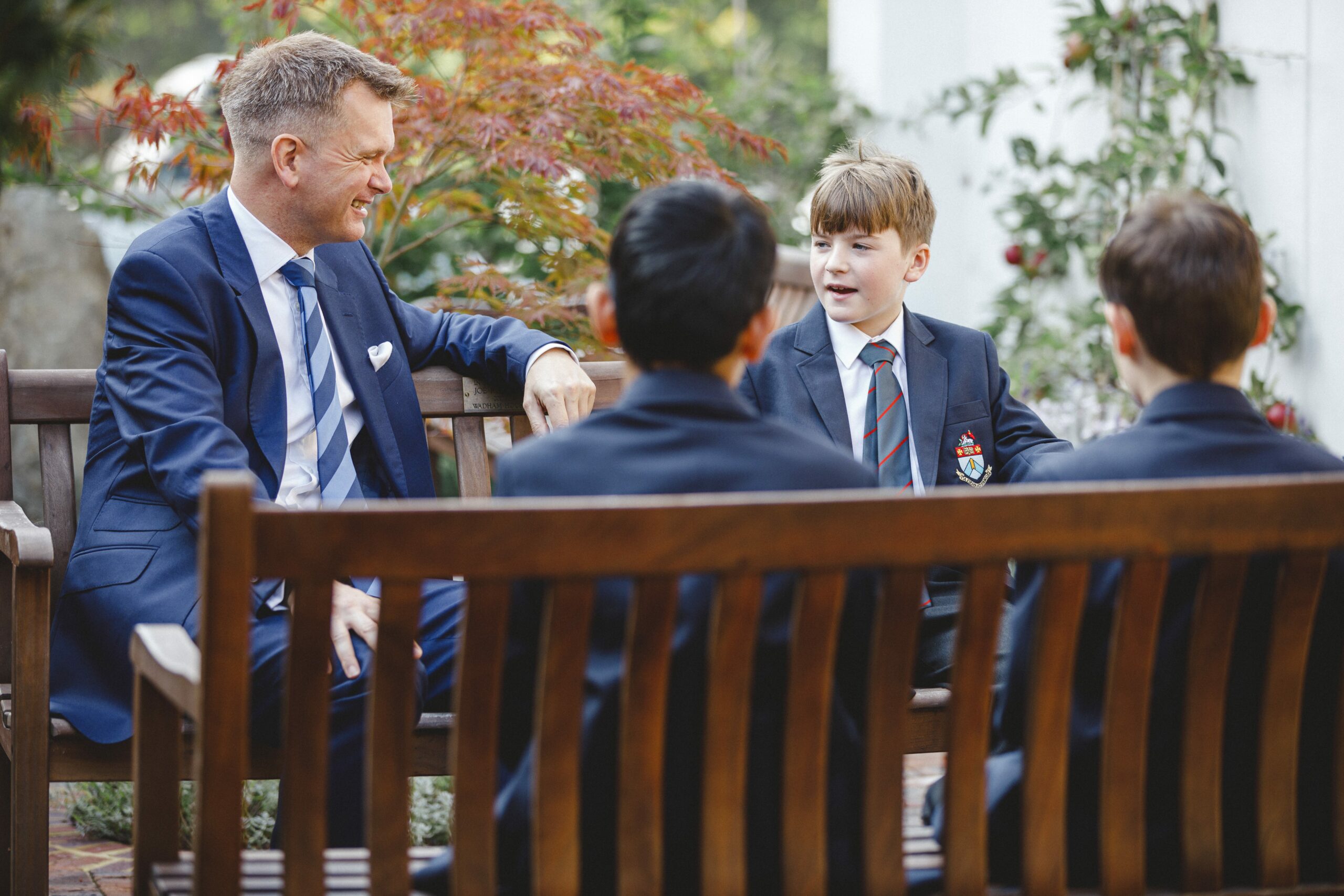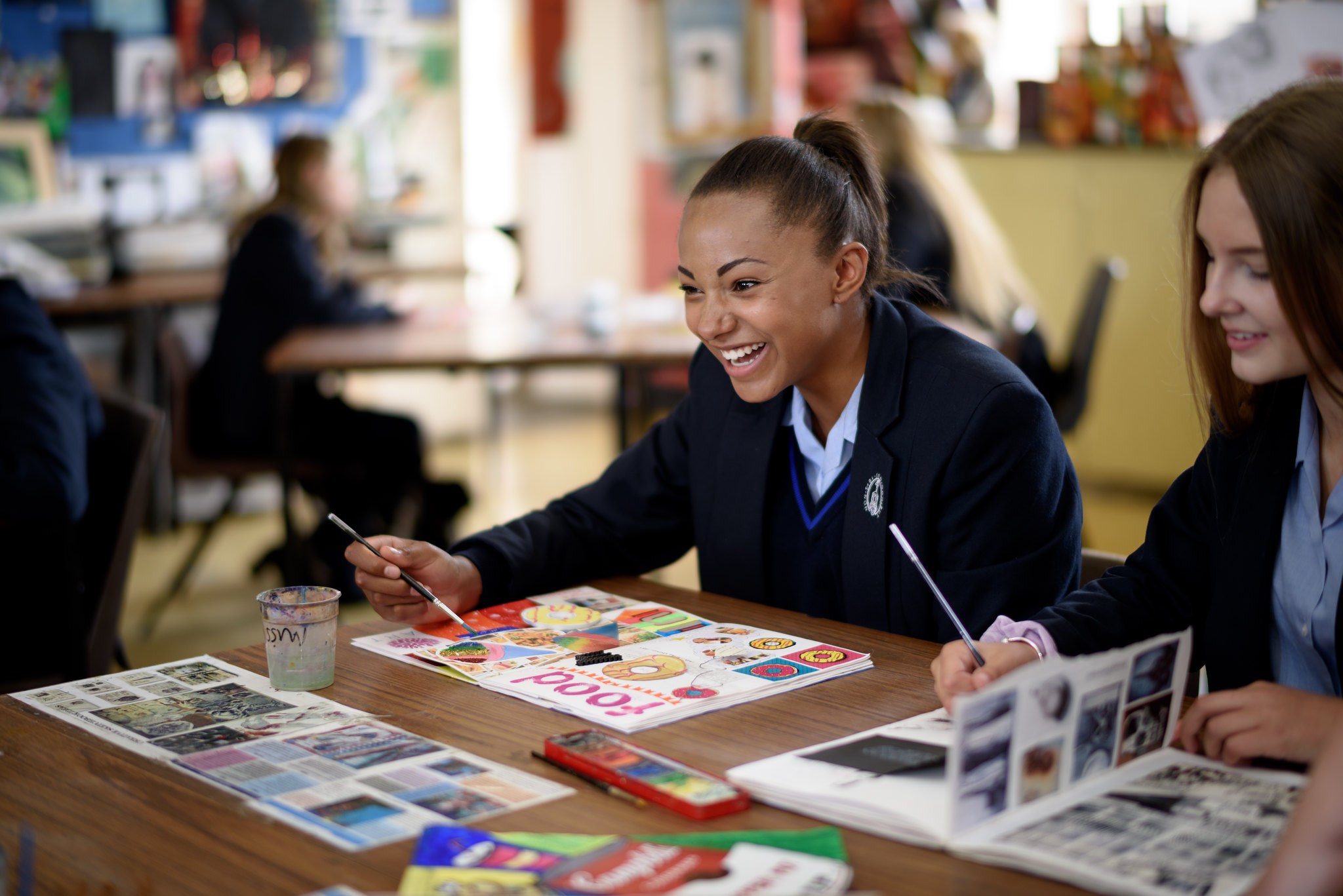Pastoral care is one of HMC’s key priority areas. Excellent pastoral care is at the heart of our schools, to ensure the personal, social (wellbeing) and academic needs of students and staff are met.
The pastoral care in school is fundamental to the development of character and social skills, which will be essential to pupils in later life. HMC is proud of the pastoral care of its member schools.
Safeguarding
All schools, including HMC schools, are required to have robust safeguarding procedures in place. Safeguarding is a focus of every inspection undertaken by the Independent Schools Inspectorate (ISI), which in turn is supervised by the DfE.
Wellbeing in schools
Education and health are strongly connected. Pupils with better health and wellbeing are likely to achieve better academically. HMC is dedicated to supporting research and working with experts to find solutions to the challenges faced by pupils in the modern world.
Given the long-term effects of the pandemic on our young people’s mental health, we know there needs to be additional focus on improving wellbeing in schools.
There are many programmes and initiatives in HMC schools which are dedicated to wellbeing. For example, Kingston Grammar School has developed the Ac Laetari (‘be happy’) programme into its pastoral development and education programme. This programme sits alongside the academic curriculum to support the pastoral development of each student. Delivering targeted, well thought-out and groundbreaking initiatives at all levels of the school, its overarching aim is to equip each student with the necessary skills to tackle life with confidence and positivity, and to achieve all that they want to.
Transition Toolkit – Year 13 to university
The HMC Pastoral and Safeguarding Committee and Joint HMC/GSA Higher Education and Futures Committee are pleased to share the Transition to University Toolkit. The toolkit is a direct response to staff concerns over recent years around the critical issues of suicide safety and overall wellbeing in the crucial years beyond school.
In recognition of the unique challenges that students face during the transition to university, the toolkit serves as a comprehensive guide to support schools in fostering a culture of care, and practical measures for the suicide safety and wellbeing of their students.
Developed with the expertise and dedication of the committees, the toolkit is designed to empower schools with the tools and resources needed to guide their students at this pivotal point in their lives.
The Transition to University Toolkit is versatile and can be customised, allowing schools to tailor its implementation to suit their specific needs and to add their own logo. Whether schools choose to adopt the entire toolkit or select specific components, the aim remains constant: to provide invaluable support for students as they embark on their university journey.
Find the Toolkit here.
Find the instructions to add your school logo here.
Digital Awareness UK project
A key partnership project between Digital Awareness UK and HMC – which includes the Tech Control programme – is helping pupils to manage their screen time and behaviour online.
Through the project, HMC commissioned a digital trends report, student-facing video, supporting lesson plan and practical classroom resources, all of which are freely available to all schools across the education sector.
HMC members identified an urgent need for accessible resources to support schools as they work with young people and parents to better manage the use of social media.
HMC’s latest work with Digital Awareness UK involved a pupil survey (attracting 6,700 responses from students aged 13-16 years old across HMC and the wider state and independent sector) – to identify the biggest digital wellbeing challenges faced by young people.
Access Tech Control campaign resources here.
"Social media provided a lifeline for young people during the Covid-19 pandemic and continues to do so, however these findings reveal the extent to which they are, often independently, managing online harms. As the digital landscape continues to evolve and new innovations such as the metaverse present emerging safeguarding challenges, it is more important today than it ever has been for young people to feel equipped to manage these challenges and for educators, parents, tech companies, policy makers and beyond to support them. The Tech Control campaign has been designed to highlight the breadth of complex issues and opportunities technology presents as well as providing parents, carers and educators with a platform to have relevant conversations about their digital lives."
Personal, social, health and economic programme (PSHE) and Relationship and Sex Education (RSE)
PSHE helps children and young people to be safe, healthy and prepared for life’s opportunities. HMC schools are required to teach life skills, such as those taught in a PSHE and RSE programme. This helps children and young people develop the knowledge, skills and attributes they need in order to remain safe and make healthy decisions about their lives. Developing resilience, empathy, self-esteem and confidence are vital in order to face challenges and responsibilities now and in the future. Individual HMC schools can be contacted for more details about their programmes.

